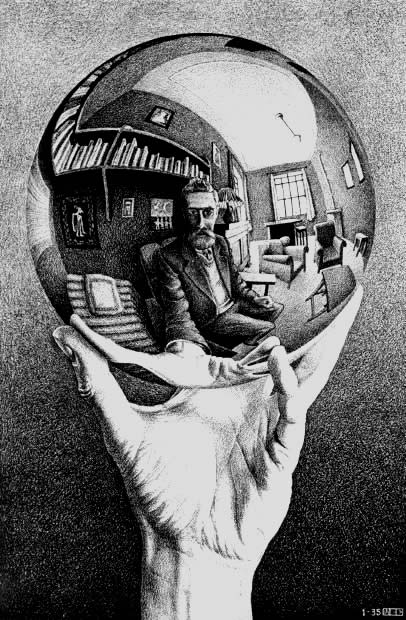
M.C. Escher, Hand with Reflecting Sphere
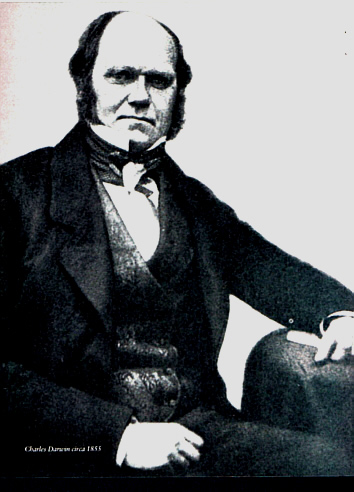 |
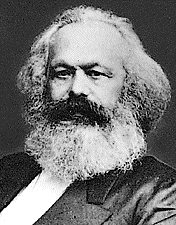 |
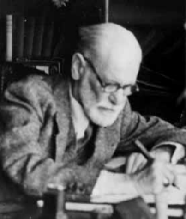 |
||
Charles Darwin |
Karl Marx |
Sigmund Freud |
||
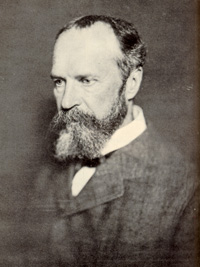 |
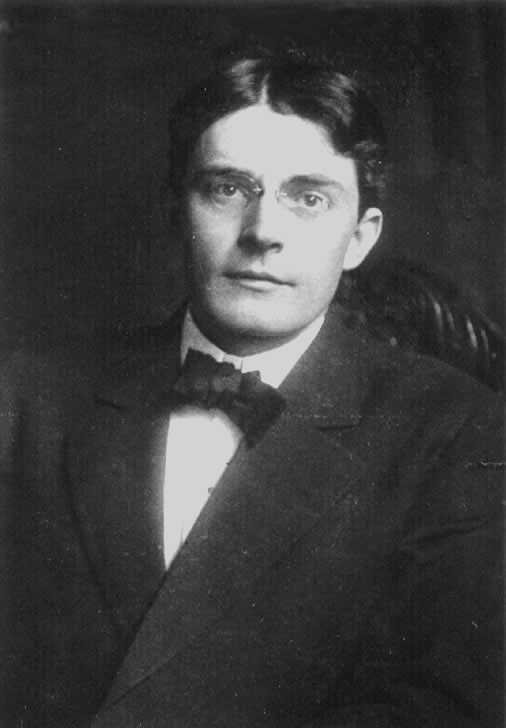 |
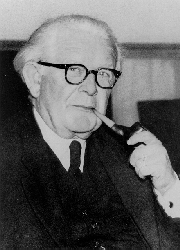 |
||
William James |
John B. Watson |
Jean Piaget |
||
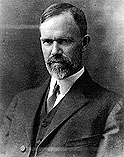 |
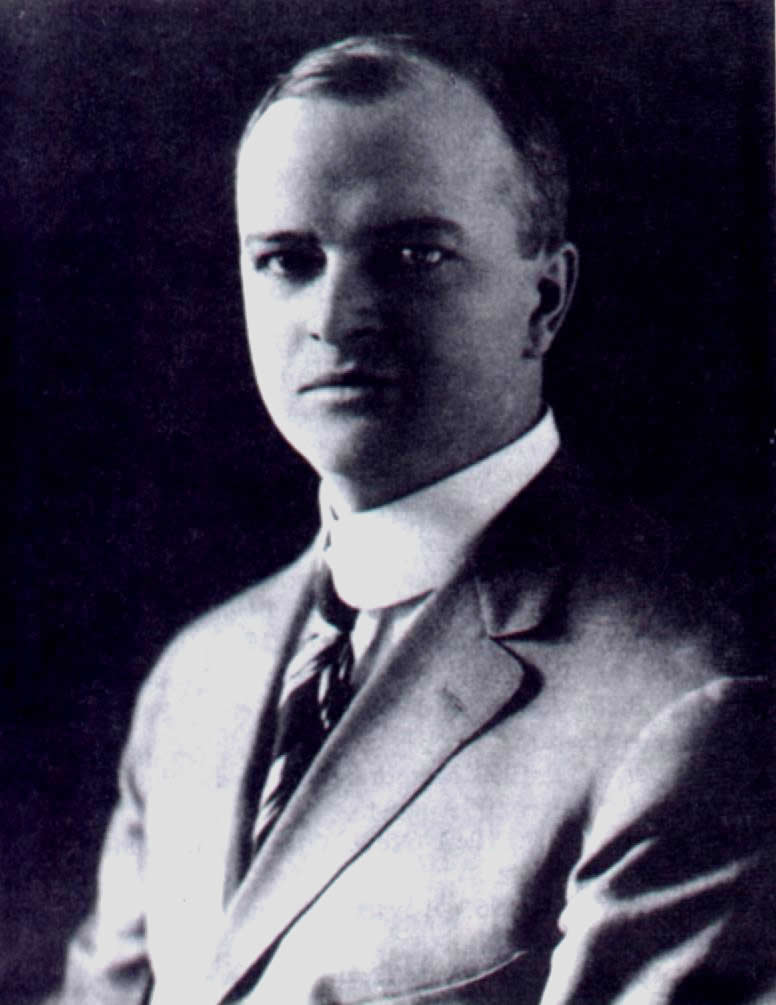 |
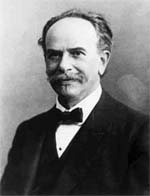 |
||
Charles Davenport |
Harry Laughlin |
Franz Boas |
Introduction to Sociology
Professor Larry Stern
Reading Assignments, Lecture Notes & Web Sites
Unit 1B: Perspectives: What is a Human Being?
Class Lecture*: Perspectives: What is a Human Being?
*Note: For some units - not all of them - I will provide a transcript - with images - of a class lecture that covers materials that will not be found in the textbook. Sometimes - as in this instance - it will replace a text reading assignment, in other instances it will provide materials that will supplement the text and other readings.
By clicking on the link above, you will be taken to a web page where you simply scroll down to view the materials.
Readings:
John McClymer, Lucia Knoles, and Arnold Pulda, E Pluribus Unum Project, "Eugenics in the Culture Wars of the 1920s: Some Approaches to Studying a Neglected Topic"
Scott Christianson, “Bad Seed or Bad Science: The Story of the Notorious Jukes Family," (New York Times, February 8, 2003)
Eric Boodman, "White nationalists are flocking to genetic ancestry tests. Some don’t like what they find," STAT, August 16, 2017
Video:
Visit the following Websites:
Vaught's Practical Character Reader
Archive of the American Eugenics Movement
______________________________________________________________
Class Discussion:
Having read materials concerning the eugenics movement in the U.S. and the lecture notes, you know that the“menace of the feebleminded” was a major concern during the first three decades of the twentieth century and that IQ tests were developed to identify these “defective” individuals.
Look at two IQ tests: the first (click here) was given in 1917 to Army recruits who could not read or write English. Variations of this test were used in the courts. In some cases, if you were certified as feebleminded you could be sterilized (how’s that for test anxiety!).
The second test, the Mensa Workout, is a current test developed by Mensa, an organization that “welcomes people from every walk of life whose IQ is in the top 2% of the population.” The three stated purposes of Mena are “to identify and foster human intelligence for the benefit of humanity, to encourage research in the nature, characteristics and uses of intelligence, and to promote stimulating intellectual and social opportunities for its members.”
After taking each test, think about the following: (1) In your view, do these exams provide an accurate measure of intelligence? (Hint: being "knowledgable" is not necessarily the same as being "intelligent.") (2) Will social backgrounds – rather than innate “intelligence” – affect your ability to answer correctly? If so, how? (Hint: if poor people have never seen a phonograph, would they be able to identify the missing part?) (3) Next, what is your opinion about the use of IQ tests by eugenicists in the past? (4) Last, what do you think about current researchers who, relying on current tests, argue that racial and ethnic differences in intelligence exist today, that they are innate, and that these differences explain why these groups have different rates of success in society?